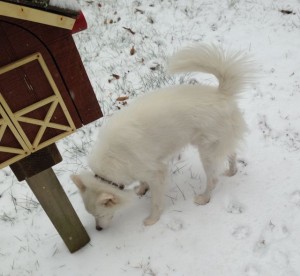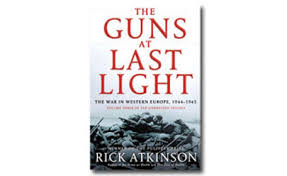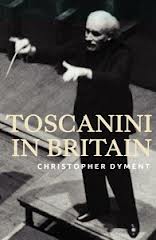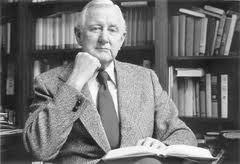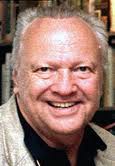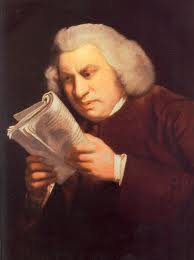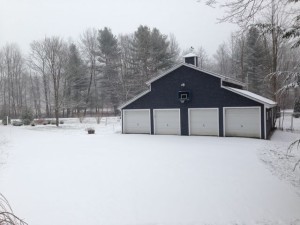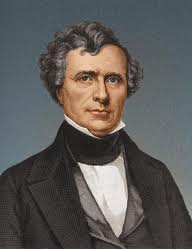As a newcomer to New Hampshire, I feel I ought to find out as much about my new home as possible. I’ve already written about my discovery of President Franklin Pierce, and today I want to focus on another notable New Hampshirite. Actually, there are a bunch to choose from, among them Robert Frost, Nathan Hale, Sarah Silverman, Mary Baker Eddy, Daniel Webster, John Irving and Alan Shepard. But my subject today is Horace Greeley, born in Amherst in 1811 and two centuries later still a highly regarded journalist, reformer and anti-slavery advocate.

But, of course, what most of us know about Greeley today starts and ends with his coining the phrase, “Go West, young man.” Only Greeley may or may not have uttered or written the phrase. Greeley himself denied that he did so, though it shows up in an 1865 commentary in his newspaper, the New York Tribune, in which he wrote “Go West, young man, go West and grow up with the country,” a ringing endorsement of the nation’s burgeoning westward migration. Greeley said later it was someone else who spoke those words, which he only borrowed. In other words, be leery of history, especially those things of which you’re absolutely sure about.
If you happen to know something else about Greeley, it might be that he once hired Karl Marx as one of his newspaper’s correspondents (no kidding). Actually, Marx and Friedrich Engels were European correspondents for the Tribune, though Engels usually wrote in Marx’s name. Greeley founded the Trib in 1841 and it became the greatest newspaper of its day under his editorship. He was passionate, committed, intelligent and generous — in other words, totally unlike any newspaper editor these days. His paper was readable, far-reaching and a trend-setter. And we haven’t really seen anything quite like it since Greeley died in 1872.
Under his leadership, the Trib was outspoken in its opposition to slavery, making Greeley an enemy to most everyone south of the Mason-Dixon line. But he also bitterly opposed prostitution, tobacco, gambling and capital punishment (the latter also made him highly unpopular in many places). He also championed free public education and, of course, the westward expansion.
Later in his life, he was an unsuccessful candidate for political offices including the presidency, but his opposition to Abraham Lincoln’s re-election in 1864 pretty much doomed his hopes. He had mental troubles near the end of his life and was for a time largely forgotten or ignored. As far as I can determine, his relationship with New Hampshire throughout his life was minimal. His home in Amherst still exists though it is in private ownership. Interestingly, the address is on Horace Greeley Lane. Other than a plaque there noting his birth, his native state apparently doesn’t acknowledge him anywhere else.
